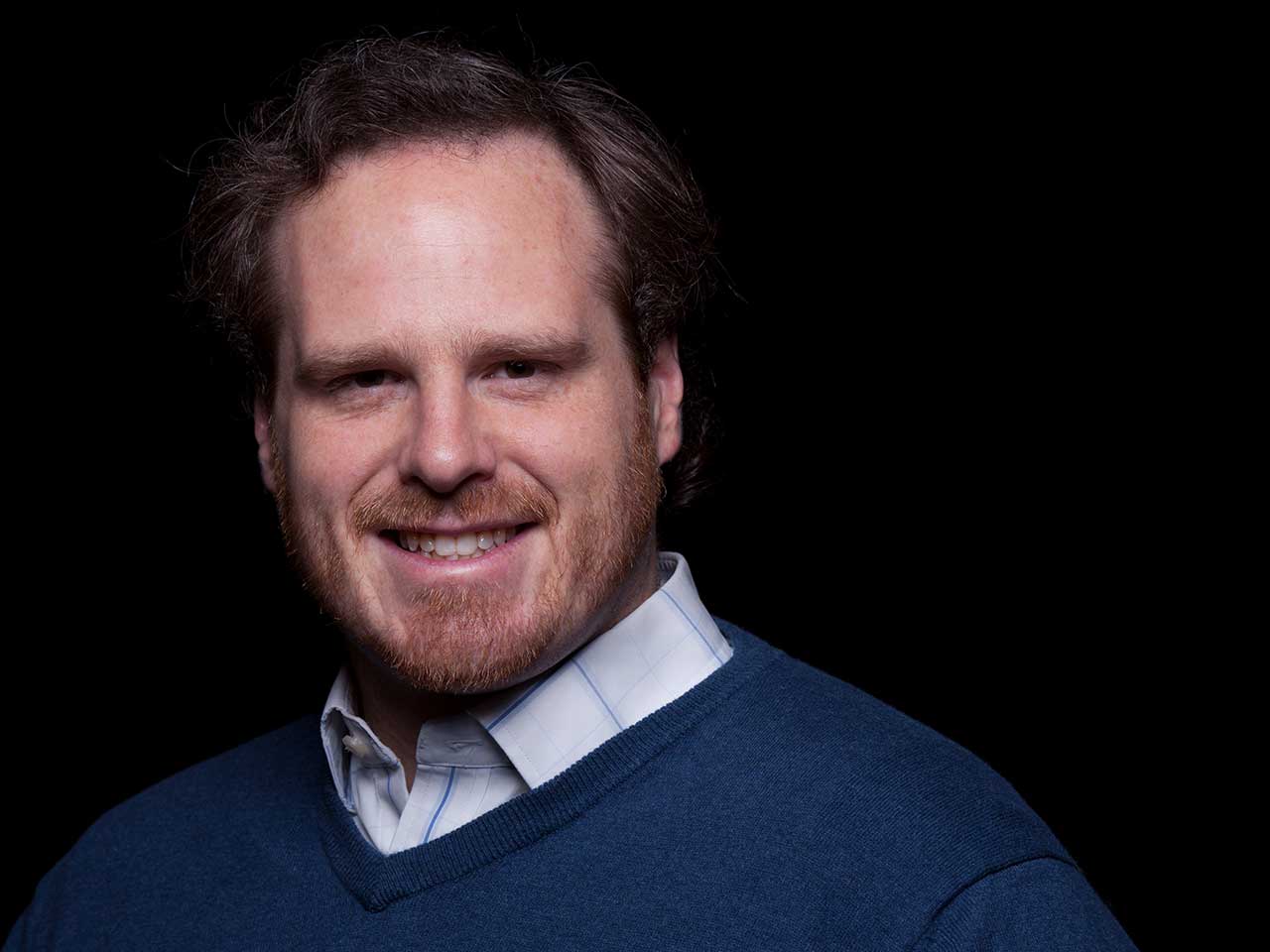The National Science Foundation (NSF) has selected Assistant Professor Michael Schatz, Ph.D., of Cold Spring Harbor Laboratory (CSHL) to receive its prestigious CAREER Award.
Cold Spring Harbor, NY — The National Science Foundation (NSF) has selected Assistant Professor Michael Schatz, Ph.D., of Cold Spring Harbor Laboratory (CSHL) to receive its prestigious CAREER Award.
The Faculty Early Career Development (CAREER) Program is targeted for teacher-scholars who are most effective in integrating research and education. Dr. Schatz was one of a small group selected from among over 200 young scientists who were under consideration. His award covers fiscal years 2015-18, with funding totaling about $1.5 million.
Schatz and his team conduct research at the intersection of biology, biotechnology, and computer technology, developing novel software algorithms and systems for understanding the mechanisms of human diseases and plant biology. His lab has pioneered the use of cloud-computing technologies and is at the leading edge of next-generation sequencing technologies.
“Getting an NSF Early CAREER grant is a very significant distinction, for which the faculty and I offer our congratulations,” said Dr. Bruce Stillman, President and CEO of Cold Spring Harbor Laboratory. “The NSF’s purpose is to build a firm foundation for a lifetime of integrated contributions to research and education, and we know that Mike Schatz will take full advantage of this exciting opportunity. He has already shown that he is a gifted teacher in addition to being an innovator in integrating computer science with biological science.”
Schatz says his focus under the CAREER grant funding will be to develop new computational methods for processing DNA sequencing data from the latest high-throughput sequencing technologies. “DNA sequencing methods and costs have improved by orders of magnitudes over the last three decades,” he notes, “and now we are on the cusp of a new technology, referred to as ‘3rd-generation sequencing,’ which holds great promise.
“Right now, however, we lack analysis packages capable of dealing with the types of genetic sequence data that will be generated with the new technology. My team will try to overcome current limitations by developing several novel analysis algorithms, including those that will sharply reduce the error rate in 3rd-gen sequence data.”
In 2012, Schatz and colleagues published in the public domain a novel error-correcting algorithm that reduced errors on a then-current series of advanced gene sequencers, from over 10% to less than 0.1%. In addition to doing more work of this kind with even more recent and powerful versions of 3rd-gen sequencers, Schatz has also set forth an ambitious set of related projects, which include applying 3rd-gen technology to problems of reference-genome assembly (in species of rice, among others) and challenges in interpreting gene expression data from RNA messages copied from genes.
“Beyond this, we’re trying to do what Wayne Gretzky, the hockey great, once advised: skate to where we think the puck is going to be,” Schatz said. “The future of genomics is not looking at one genome at a time, but at genomes of large populations, and there are specific challenges. How do you organize this vast amount of data? How do you look for patterns? Our common theme is: what are some of the amazing things we will be able to do with the latest generation of sequencing technology, and how will we do them?”
Schatz will also devote considerable time to teaching. Twice—his first two years on the CSHL faculty, 2011 and 2012—he was elected by doctoral students of the Watson School of Biological Sciences at CSHL to receive the school’s Herr Award for Excellence in Teaching.
Schatz has mapped out various innovations he intends to introduce in courses with graduate students, undergraduates, as well as local high school students. This summer he is experimenting with a class in the popular big-data programming language Python—offering it to students in CSHL’s summer Undergraduate Research Program. Last year another of Schatz’s educational experiments, deployed in cooperation with the journal Genome Biology, was a resounding success: an online-based multi-step “informatics challenge,” open to everyone. A series of problems was posted over a number of days, each one more difficult than the one before, and containing clues needed to solve the problem in the succeeding stage. Over 1000 people from around the world entered, the top winners including a German, an American and a Brazilian. Under the CAREER grant, Schatz will offer the challenge annually.
Written by: Peter Tarr, Senior Science Writer | publicaffairs@cshl.edu | 516-367-8455
About the National Science Foundation
The National Science Foundation funds research and education in most fields of science and engineering. It does this through grants, and cooperative agreements to more than 2,000 colleges, universities, K-12 school systems, businesses, informal science organizations and other research organizations throughout the United States. The Foundation accounts for about one-fourth of federal support to academic institutions for basic research. NSF receives approximately 40,000 proposals each year for research, education and training projects, of which approximately 11,000 are funded. In addition, the Foundation receives several thousand applications for graduate and postdoctoral fellowships. Visit nsf.gov
